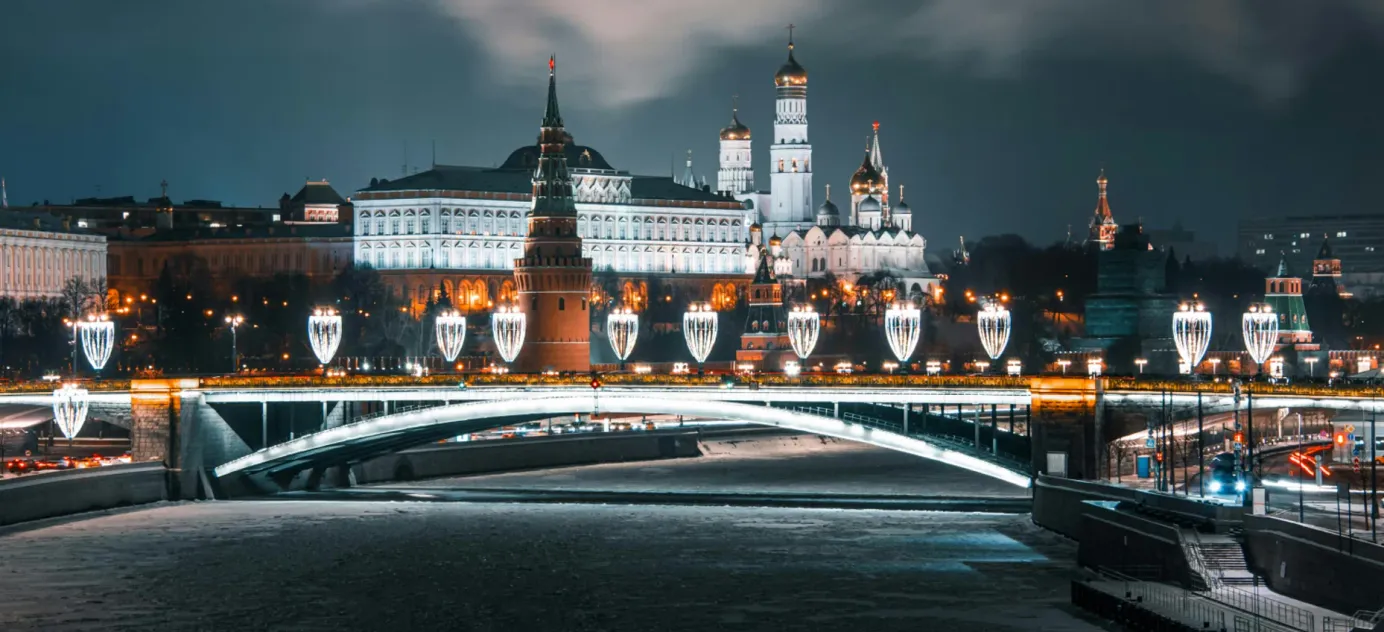
High-ranking Russian officials face travel ban
Since the war started, Russian officials and employees of state-owned companies have found it difficult to travel. The reason is not only Western sanctions, even though these have affected many. Instead, Russian officials and employees at state-run organizations have been subjected to stringent new travel restrictions.
- Recent changes mean that all top officials – from ministers down to heads of department – can only travel abroad with the express permission of Prime Minister Mikhail Mishustin. And that permission is only given when there is a clear operational need, according to sources who spoke with The Bell.
- At the same time, Kremlin employees have no such restrictions, according to two of The Bell’s sources. One of them attributed the difference to Mishustin’s “special zeal.” However, most Kremlin staff “are not even trying” to go anywhere, broadcaster Current Time reported in March citing a source close to the Kremlin. Another of the TV channel’s contacts pointed out that several Kremlin staffers have traveled to “neutral” countries in the last year and their trips were signed off by Anton Vaino, President Vladimir Putin’s chief of staff.
- There are several other indications that Russian officials from other agencies and managers in state-owned companies are finding it more difficult to travel abroad. Some officials have been obliged to hand over their passports. And there were media reports that, over the New Year holidays, both national and regional-level officials were banned from leaving Russia.
- The Moscow Times reported last month that the Federal Security Service (FSB) maintains a database of officials, governors and other state employees who must obtain special permission in order to leave the country. “An iron curtain for those associated with the state is… in place,” a senior Russian government official said at the time.
- Even middle-ranking officials and managers at state companies that do not have access to classified information are also being forced to stay home, according to a recent report in the Financial Times.
- Putin’s spokesman Dmitry Peskov told the FT that restrictions on foreign travel had been tightened for workers in sensitive industries. “In some places [the rules] are formalized, in other places they depend on specific decisions regarding specific employees,” he said.
Why the world should care
Before the war, it was only Russian security officials (who could only visit “friendly” nations like Belarus or Cuba) and intelligence officers (generally barred from foreign travel) who had travel restrictions. However, it now seems clear that these travel restrictions are being applied to run-of-the-mill officials and managers of state-owned companies. It’s hard not to see the reason for this as growing paranoia in the Kremlin.





